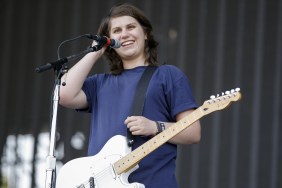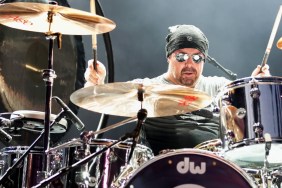There’s a lot on Ryan Adams’ mind at any given time. A conversation with the acclaimed singer-songwriter uses up the full 20 minutes allocated and only allows for about four questions to be asked. Adams, 42, is a deep thinker and more than your average armchair philosopher – his thoughtfulness and reflections on his own life and musicianship putting such a notion on full display.…

The festival landscape has undergone major upheaval in the last three years, and Covid’s long-term impact on the music industry…










